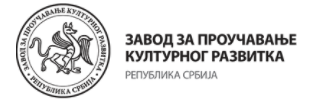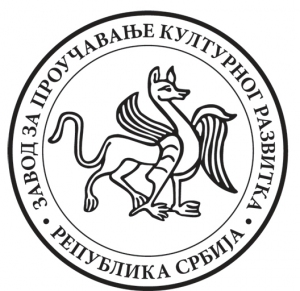Projectpartner
Support partners
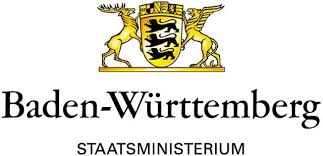

Danubian project partners
The International Association for Danube Research (IAD) was founded in 1956 with the goal of promoting and coordinating activities in the fields of limnology, water management, and water protection in the Danube River basin.
The Association is incorporated into the Societas Internationalis Limnologiae (SIL) and is governed by its statute. This affiliation also provides the legal basis for the Association.
At present 12 countries in the Danube basin are IAD members:
Austria, Bulgaria, Croatia, Czech Republic, Germany, Hungary, Moldova, Romania, Serbia and Montenegro, Slovakia, Switzerland, Ukraine.

The University College of Teacher Education Vienna/Krems (KPH) is a private institution, established by the Archdiocese of Vienna, which is responsible for funding it together with the Diocese of St. Pölten, the Protestant Churches (Lutheran and Reformed Churches), the Orthodox Churches, the Oriental Orthodox Churches and the Old-Catholic Church. It is a place of teaching, learning and research for the education sector. At the KPH teachers are trained for primary, secondary, polytechnic and special needs schools, as well as for Christian religious instruction. The KPH offers in-service training to teachers from all branches of education and in all subjects.
The KPH builds upon the tradition of eight former pedagogical and religious academies and in-service institutions which were in place from the end of the 1960s up until 2007. The University College was inaugurated on 1st October 2007. It comprises three campuses, two of which are located in Vienna, in Wien-Strebersdorf and Wien-Gersthof respectively. The third campus, Krems-Mitterau, is situated in Lower Austria. The rectorate has its main office in Singerstrasse in the City of Vienna.
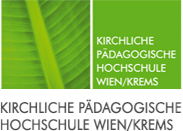
The VHS Ottakring/Hernals is one of the adult education institutes of the “Die Wiener Volkshochschulen GmbH”.
The overall social task of the Vienna Volkshochschulen reach far beyond the traditional education concept. With their specialised institutes, they contribute since many years to the successful social and social development of the town. Part of their core tasks is to develop an area-wide easily accessible program for all people independently of age, gender, origin and prior education. One of the most successful innovations of the last years is the „University Meets Public” together with Vienna University
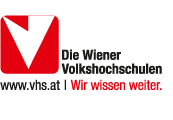
The adult education centre Volkshochschule Alsergrund, Währing, Döbling is part of the Wiener Volkshochschulen GmbH and offers a wide range of courses, lectures and events. The programme focuses strongly on the needs of the local inhabitants and is available to everybody, in particular to those with difficult access to education.
We offer courses in: languages, health and exercise, computer and multimedia training, personality development, art, culture and creativity, civic education, civic projects, technology and environment.

Association “Platform AGORA – Active Communities for Development Alternatives” is a not-for-profit organization of persons and legal entities in public benefit working for building active communities for sustainable development in Bulgaria, registered in 2008.
The association’s activities are directed towards: development of the Bulgarian national culture identity as part of the multi-culture European community; elaboration and application of approaches for incorporation and support of socially expelled community groups; support the real involvement of children and young people into the public processes through development of their personal, artistic and civic potential; encouragement of the elderly people to lead an active life and participate in the public processes by working “together with” and “for them”; support the establishment of favorable environment for exchange of knowledge and experience between generations.
The European Management Centre was founded in 1998 in Sofia. It is private education organisation for vocational and adult education, whose task is to support companies, organisations and individual persons in their striving to assert themselves in a competitive environment, to develop the European idea of life long learning and to contribute to the development of civic society.
The European Management Centre achieves ist goals in cooperation with various European and Bulgarian organisations – Cos International Austria, ImPlus Austria, Vertretung des Instituts für Internationale Zusammenarbeit des Deutschen Volkshochschul-Verbandes in Sofia and others. The European Management Centre employs high qualified Bulgarian and foreign trainers and teachers.
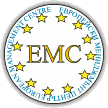
The State University of Library Studies and Information Technologies (SULSIT) is a state higher education institution created with the National Assembly Resolution on 2nd September 2004.
During its brief history as university institution, SULSIT became one of the most prestigious higher education institutes. According to the rating of the 48 Bulgarian universities and higher education institutes, annually published by the newspapers, for the last 3 years, SULSIT has been always ranked within the first 5.
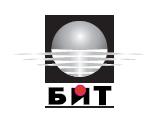
The University of Ruse has long traditions in education and in carrying out projects on local, national and international levels, among them implemented projects within the CEEPUS and other programs as well as the participation in Erasmus thematic networks and intensive programs. The numbers of implemented programs and projects are: 95 in LLP (ERASMUS, ERSMUS MUNDUS, COMENIUS, MINERVА, LEONARDO da VINCI, GRUNDTVIG), 3 in CEEPUS and 12 in FP6 & FP7, 1 CIR-CE, 3 NATO, etc.
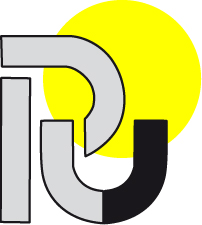
The European House Vukovar (EHVU) was founded 10 Years ago. Its main aim is the re-development of the community of Vukovar that is ethnically deeply divided after the terrible war. To overcome this division, that is deepened even more through various social problems such as high unemployment, persisting concepts of the enemy, exclusion of various groups, special information campaigns and citizens’ creative engagement, as well as special training in self-help groups is necessary. For this reason the activities of EHVU focus especially on continuing education and training in self-help groups. The content of the continuing education are traumata work, violence-free communication, conflict management, fostering of emotional intelligence, human rights, nature protection, self-help in the area of health and youth work. The acquired knowledge is trained in the self-help groups and depending on possibilities, transferred further in the form of artistic expression (poems, essays, paintings, photographs, etc.). These activities offer possibility for cooperation in this planned Learning partnershi
The Public Open University Zagreb (POUZ) is the largest, non-profit adult education institution in the Republic of Croatia. Its tradition goes far back to the year 1907, when Dr. Albert Bazala initiated the idea of establishing a public university, while the first lectures started in 1912. The POUZ has witnessed dramatic times of Croatian history, thus being under influence of changing political and economic circumstances. Nevertheless, its mission to meet the need for adult education has been continuing for over 100 years. The founders of the POUZ are the city of Zagreb.

The University of South Bohemia in České Budějovice is a public university type of school. It specializes as research university of natural scientific, humanistic and social orientation. It offers a broad spectrum of 250 study disciplines to more than 13 000 students at eight faculties (Economics, Arts, Education, Natural History, Theology, Health and Social Care, Agriculture and Fishing and Protection of Water) and at University Institute of Physical Biology. The strengths of the University include science and research, lifelong education and ability of orientation of the school on regional issues.
Das Donaubüro Ulm/Neu-Ulm ist eine gemeinnützige GmbH der Städte Ulm und Neu-Ulm und fungiert als Projektagentur für interregionale Zusammenarbeit in den Donauanrainerstaaten. Im Rahmen von bürgerschaftlichen Aktivitäten, kommunalen Projekten sowie EU- Projekten in den Bereichen Bildung, Verwaltung sowie Ökologie unterstützt das Donaubüro Ulm/Neu-Ulm Begegnungen und den Austausch im Donauraum.

Since its opening in July 2000, the museum reflects the history of the Danube Swabians on a total of 1,500 square metres. During the 18th and 19th centuries, the Habsburg monarchy settled German farmers and workmen in Hungary. In 26 sections, the permanent exhibition “Räume, Zeiten, Menschen” (“Space – Time – Man”) presents the everyday life of the German minority in the Southeast European multinational region.

The association ILEU e.V. promotes the development and testing of innovative education offers for adults.
Current focus of work:
- Development and testing of new forms of virtual learning and initiation of learning communities in the area of general academic education in national and international projects
- Development and testing of innovative concepts in the aras of research-based travel
- Provision of Internet training
- Commissioned work in the area of general continuing education and the new media (reports, consultancy, organisation and execution of education events)
ILEU cooperates closely with the Centre for General Scientific Continuing Education (ZAWiW) of Ulm University and the association Virtual and Face-to-face Learning and Competence Network for Older Adults (ViLE) e.V.

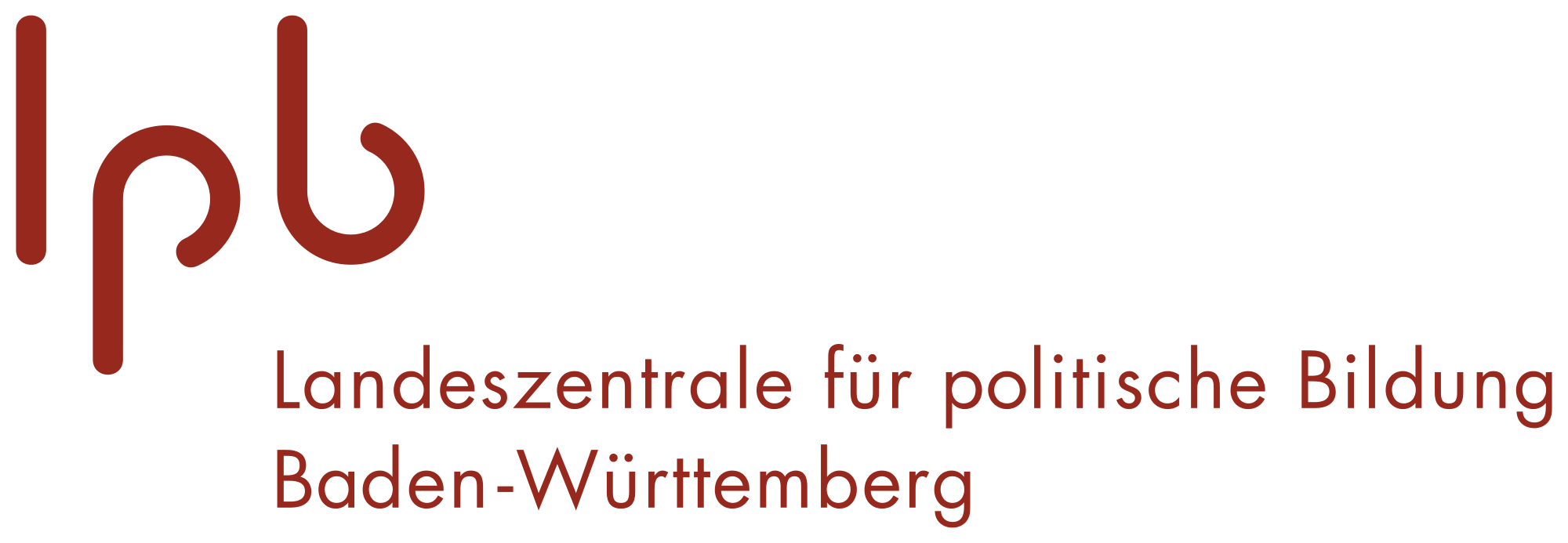
ZAWiW’s task is in the development and testing of innovative methods in adult education, with focus on fostering self-organised learning of older adults with the support of the new media. The concept “learning through research” had been already tested in many of ZAWiW’s working groups. The members of the working groups “European Contacts” and “Time witnesses” cooperate in the project Danbue-Networkers.


Cultural Nonprofit Ltd. of the 13th District of Budapest offers through its five instituts a lot of opportunities for the different cultural possibility and useful of leisure.The district has 130 000 inhabitants.
The Cultural Centre Angyalföldi Jozsef Attila is the oldest and biggest cultural centre of the district regarding to its size and to its possibilities with the following activity fields: potter courses for all ages, drawing and painting, sewing, flower-bounding and textil courses, theatrical courses, dancing and gymnastic. This institute co-ordinates and helps the civic organizations (NGO-s) of the district.
The primary task of the Italian Federation of the Universities of the Third Age (Federuni), founded in 1982 in Turin, is the support of
the Universities of the Third Age that many of them lack. The Federation offers cultural and scientific support, meetings, conferences
and other initiatives, but above all support through publications on issues concerning the elderly and on the methodologies of the
various disciplines. In this way, the Federation urges reflection and the improvement of the quality of life of older people (especially
through their integration into social life) and the development of tools for the training of teachers. Users of the University of the
Third Age are people in full efficiency, seeking to redefine their existence in society. These are qualified people, not from a school
bank, but from life: two-thirds attended elementary and middle schools, i.e. the current compulsory schooling.
GIE has as main goal to actively contribute to the integration process of the European Union and to promote the humanist values, the European values, by educational actions, cultural actions or other types of actions (training, socio-economical activities, etc. adequate to its aim). GIE’s areas of specific expertise and competence are Life Long Learning applied research, field research, comparative studies, development & implementation of strategies and methodologies for Lifelong Learning.
Popular University of Timisoara (POUT) was founded in 1968 and permanently had educational activities with students of all ages: young, adults and seniors, being mainly financed by the Mayorship of Timisoara. It mainly organises certified courses for: foreign languages (French and English), artistic education (popular music and dance and literature), and psychology-pedagogy (when it is the case, with experts from other partner universitites). POUT has a staff of 16 professors with pedagogical experience in education of adults. Our University has also a strong partnership with the Mayorship of Timisoara Municipality, Romanian Institute for Adult Education, West University of Timisoara, Culture House of Timisoara and other NGOs like Constantin Brancusi Association, Romanian League of Writers Timisoara – Banat Branch.
The Teaching Staff Training Department (TSTD) is an academic unit of the University of Craiova, directly subordinated to the University Senate; it functions according to its own regulations and it cooperates with all the faculties which require a special training of the students for the teaching process; it develops and has a wide range of educational partnership with the School Inspectorates, Teaching Staff Centers etc. More than 7,500 students follow the courses of TSTD. The academic staff consists of 13 professors and 39 Associate Professors.

The main objectives of the Association are: the discovery, selection, promotion, training, solidarity, development, support and exploitation of humanistic, cultural, scientific and creative values.
The Association works within a literary and artistic circle with monthly meetings and has been active in the field of seniors education for more than 17 years, has over 200 members from various states: Moldova, Serbia, Ukraine, Switzerland, Canada, USA and Australia. The Association is also a powerful incubator for many poets, singers, actors, scientists within Romanian and neighbouring states thus serving as a main educational influence for seniors and young adults.
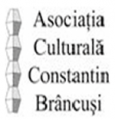
The Association “The Writers League” Timisoara Banat Branch has the following objectives: encouraging, stimulating and promoting the literary creation among its members and tothe general public through the development of cultural, literary and artistic activities, organizing book exhibitions and salons, specific activities to promote literature, protection of the writer’s personality development for the benefit of the writer and society.
For this purpose take place book launches and literary debates in literary monthly meetings
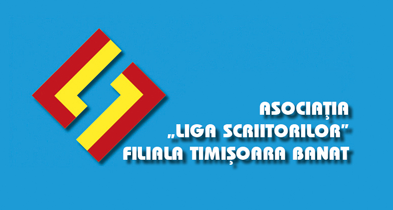
Centre for Study in Cultural Development was established by the Assembly of the Republic of Serbia by the Law on the Establishment of the Centre for Study in Cultural Development in 1967. It was founded due to the necessity of planning and implementing cultural policies professionally, efficiently and effectively, and of developing scientific thinking of culture in Serbia. The Centre is the only institution in Serbia which deals exclusively with research in the field of culture and is the core of the Ministry of Culture and Information.
The role of the Institute reflects in the study of social phenomena and cultural changes, as well as finding opportunities and models of using modern methods of operation and improvement of cultural activities. In addition to the crucial link with the Ministry of Culture and Information, which supports and influences the activity of the Centre with its needs, the work of the Centre includes the permanent collaboration with all participants in culture: state institutions, non-governmental organizations, associations and experts in culture.
Expert team of the Center consists of people of different professional profiles (such as sociologists, ethnologists, archeologists, psychologists, historians and art historians, and others)
Main field of activities are research studies (scientific, development and applied research on different subjects) mainly in areas of sociology of culture, cultural policy and cultural participation. All of the studies are based on scientific postulates, and usually combine quantitative and qualitative techniques and methods. Each study has a segment of main issues and recommendations. On that way, studies can be very useful for planning and defining of cultural policy and measures.
University of Belgrade is the biggest and the oldest higher education institution in the region, founded in 1905, which consists of 31 faculties, 11 research institutes, the University Library and the 6 centers, with about 90 000 (ninety thousand) students and almost 7 000 teachers, researchers and assistants. Study programs are compliant with the Bologna Declaration principles since 2005. The University is composed of the following faculties, classified according to scientific fields in the faculty group: group of Social Sciences and Humanities (where is the Faculty of Philosophy), group of Medical Sciences, group of Sciences and Mathematics and group of Engineering Sciences and Technology.
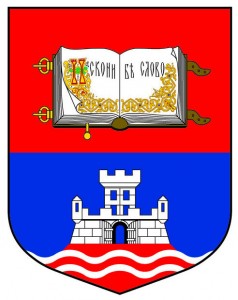
The University of the Third Age was founded in 1989. by the Institute of Pedagogy and Andragogy of the Faculty of Philosophy, Section of the educational program of TV Belgrade and the Public University “Braća Stamenković”. In 2002. the project “Expanding the network of the University of the Third Age” was initiated, which contributed to the further development of the University. During the twenty years of its existence, the University of the Third Age attended over 10.000 students. Most of them chose art programs, foreign languages, computer literacy, yoga and Tai Chi, dance classes and art workshops of patchwork.
The University of the Third Age under the auspices of Comenius University was established in 1990 as the first institution of this kind in the Slovak republic. UTA is located at the Centre of continuing education at Comenius University in Bratislava. The UTA generally offers a three-year program in more than 30th specialised branches. Study courses are prepared according to the cooperation with the faculties and departments of Comenius University. There are also some subjects realised together with the University of Economics and Slovak Agricultural University. The cooperation established on the contacts through the Slovak Association of UTAs.
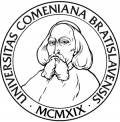
The Development Centre of the Heart of Slovenia is an organisation which has been leading, co-ordinating and connecting development projects of the area since 2000. The team of the Development Centre of the Heart of Slovenia, in cooperation with numerous local, regional, national and European partners, realizes projects to enhance the life quality of people in the region. The members of the team are younger but experienced and excellently interconnected professionals for individual fields of development. They are included into international partnership network with 416 organisations from 36 countries.
Since 1984, when it was established through voluntary endeavours of a group of adult education experts and university teachers of andragogy, the Slovenian Third Age University has steadily grown to become a national network of 45 universities in 44 localities with about 21 000 students, more than 1000 mentors and volunteers. Its practice has been extensively researched; as a result, today the University folows its own generalisations and is based on its own model.
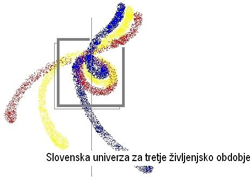
Other european partners
Cooperation partners
